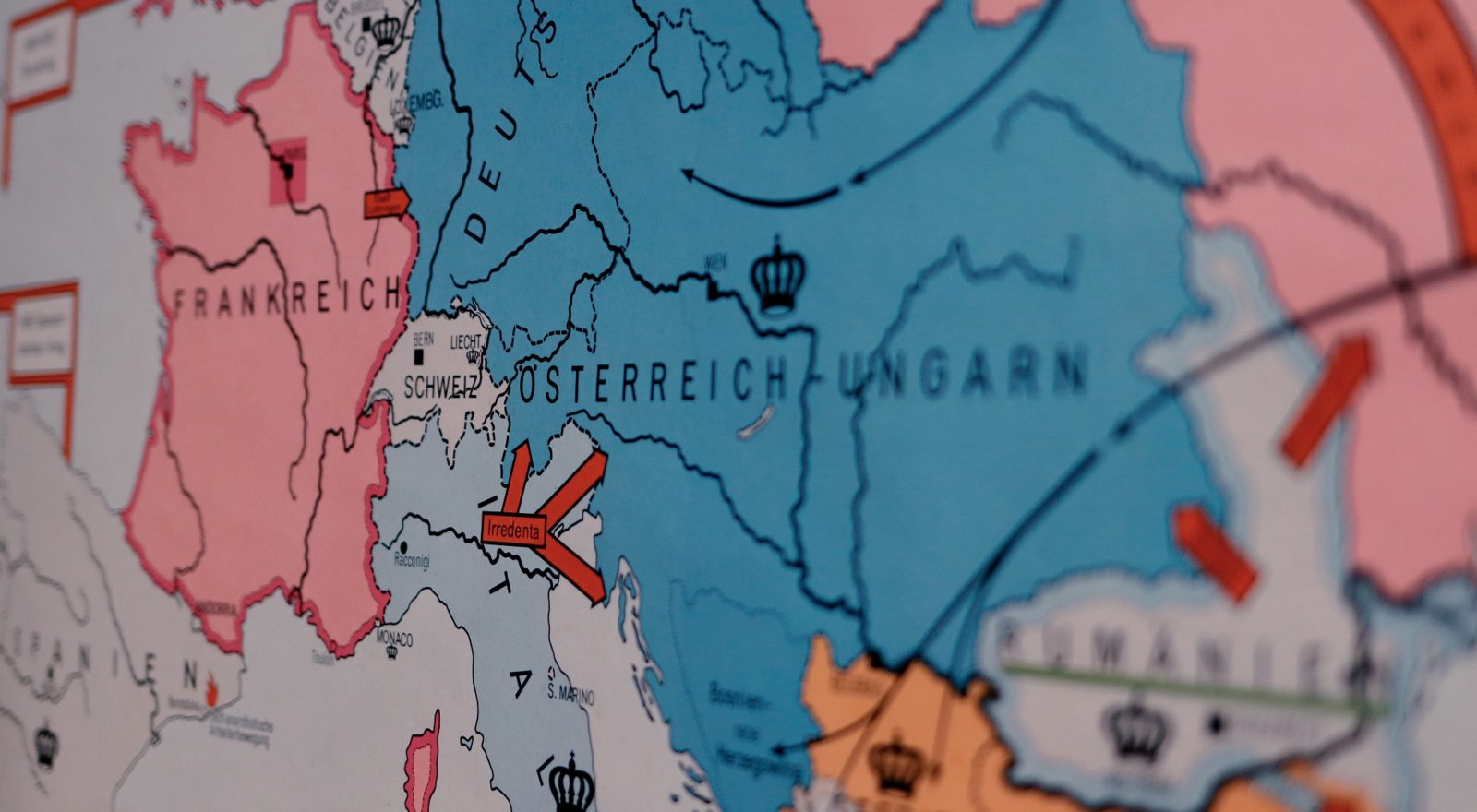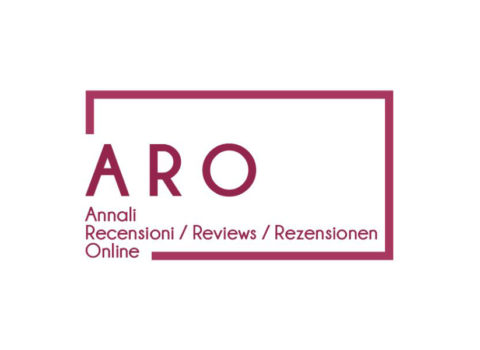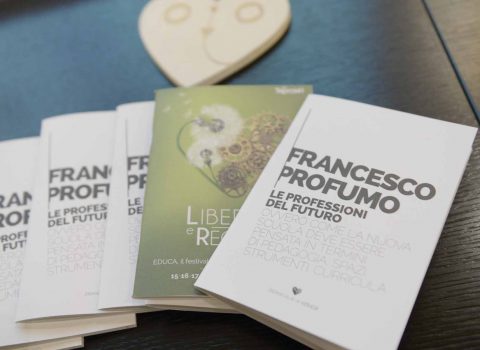
Between historiography and the public use of history
The "ARO" forum devoted to the history of the German Empire provides an opportunity to reflect on the relationship between historiography and public memory
“Annali. Recensioni. Online 2022/03 » is out with a comprehensive overview of the latest historiography. The twenty-four works represent a varied review of the interests of the scientific community and introduce us to the debate on some major themes of social, political and cultural history from the early modern age to the contemporary world. Italian and foreign scholars from various research centers, including the University of Manchester, the Vrije Universiteit in Amsterdam, the University of Nottingham Ningbo, the University of Jena, the University of Naples Federico II, the University “La Sapienza” in Rome, just to name a few, have contributed to this issue, as well as FBK’s Italian-German Historical Institute.
We open with the Forum devoted to four recently released publications on the history of the German Empire: Aufbruch in die Moderne. Reform und Massenpolitisierung im Kaiserreich (The Dawn of Modernity. Reform and Mass Politicization in the Empire) by Hedwig Richter, Schatten des Kaiserreichs. Die Reichsgründung von 1871 und ihr schwieriges Erbe (The Founding of the German Empire in 1871 and its Difficult Legacy) by Eckart Conze, Bismarcks ewiger Bund. Eine neue Geschichte des Deutschen Kaiserreichs” (Bismarck’s Eternal League. A New History of the German Empire) by Oliver F. R. Haardt and “Kaiserdämmerung. Berlin, London, Paris, St. Petersburg und der Weg in den Untergang” (Twilight of the Emperor. Berlin, London, Paris, St. Petersburg and the Road to Decline) by Rainer F. Schmidt. Amerigo Caruso and Carlo Spagnolo, both experts in the German area, were given the not easy task of commenting on the four volumes published on the occasion of the celebrations of the one hundred and fiftieth anniversary of the founding of the German unitary state and summarizing to what extent they have innovated or not innovated the national historiographical debate on the “Kaiserreich” and its legacy. The analysis of both scholars makes it possible for readers, even those who are not experts on the subject, to orient themselves among the main stages of the historiographical discussion in recent decades on the birth of the German nation-state and, especially thanks to Caruso’s analysis, to make a quick comparison with what happened on the occasion of the same anniversary of the one hundred and fiftieth anniversary of unification in Italy. “On the Italian side,” Caruso writes, “there were many public celebrations, rallies and national flags; on the German side, instead, a low profile, due to the much more delicate position occupied by the Kaiserreich in the complex system of the culture of memory in the Federal Republic of Germany, prevailed”. As a matter of fact, in Italy, fundamental debates on method and broad lines of interpretation did not develop at the 2011 anniversary. “Rather,” Caruso notes, “the path taken after the culturalist and transnational turn was continued, which moreover produced a strong renewal of historiography on the Risorgimento”. On the contrary, on the occasion of the German anniversary in 2021, “a very heated historiographical debate exploded, counterbalancing the low profile of the (few) public events.” The four monographs analyzed, despite the differences in method, quality and content highlighted by the two scholars, undoubtedly represent the plastic manifestation of this intense debate. Caruso and Spagnolo outline the merits and limitations of the volumes, both emphasizing how they are the sign of a “fluid” (Caruso), “rich in insights, knowledge-productive” (Spagnolo) historiography. However, both also point out the limitations of this recent scholarly debate. In their view, it not only tends to bring into vogue a certain historical revisionism, both with regard to the “merits” of the Reich and to the attempt to deliver Germany from the responsibility of the outbreak of World War I, but it is also not free from a certain semantic ambiguity (also due to an unwise use of certain interpretive categories applied to very different contexts). The recent publications, moreover, although with different interpretative outcomes, leave unresolved a basic issue, namely – as noted by Spagnolo – the possibility of normalizing German history and finally breaking out of the “Sonderweg” scheme (which is based precisely on the idea of German exceptionalism compared to the “normal” path of its Western neighbors).
As for the other studies presented in this issue of “Annali. Recensioni. Online,” they touch on a rich variety of topics with very different methodologies, from the history of medicine to the history of migration, from conflict history to urban history, from political history to social and cultural history. The topics and research perspectives are varied and see the use of documentary resources of various kinds that are not always valued in historical studies, such as, in the case of the contemporary age, audiovisual sources. It is precisely the use of film sources, for example, that offers new perspectives to studies on the expansionist policy of Fascist Italy on the African continent (as in the case of Gianmarco Mancosu’s volume) and those devoted to the cultural history of the United States in the second half of the 20th century (as in the case of George A. Gonzalez’s book). Actually, even studies of a more traditional nature, such as those of political history are integrated by new research questions and new archival documentation now available used in the volumes by Paolo Pombeni and Tommaso Baris.
The insights offered by the extensive review of studies in the new issue of “Annali. Recensioni. Online” are therefore really many. At this point, we wish you a good reading on the “ARO” platform.



